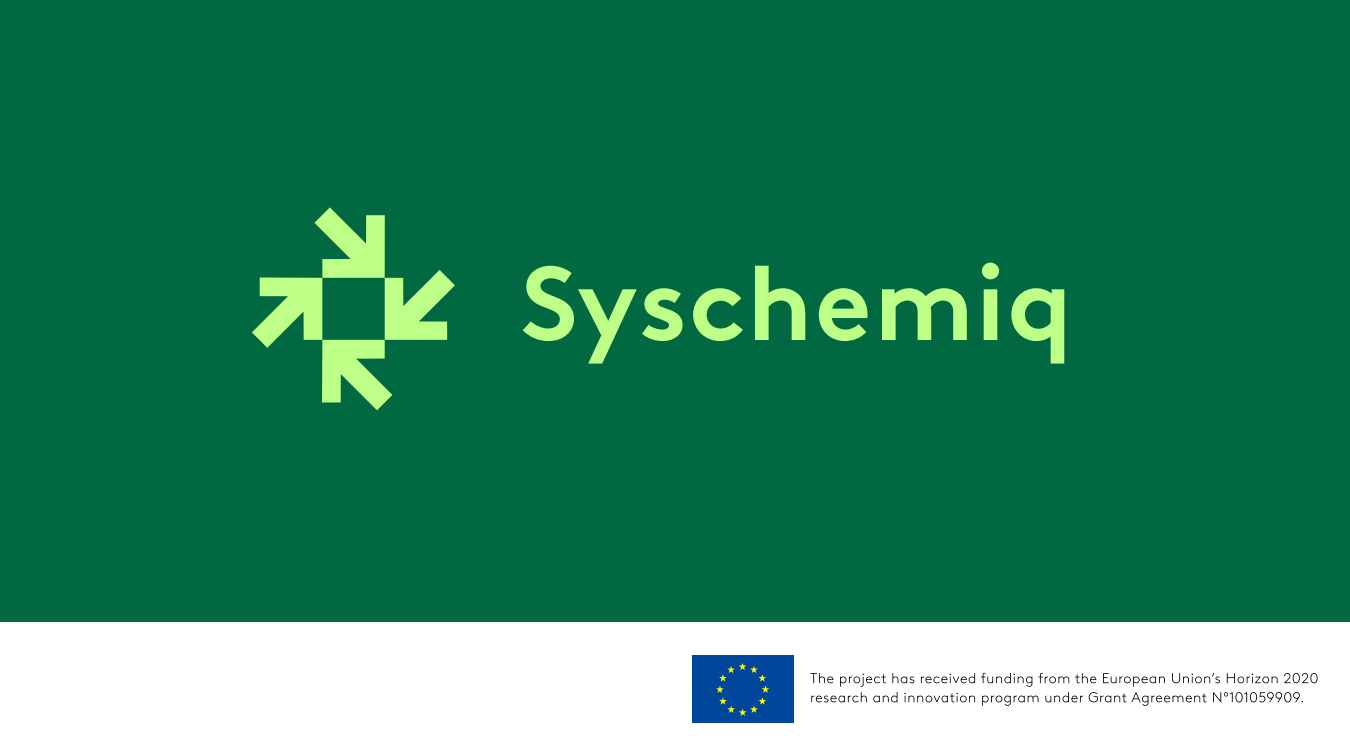An event that shapes the future of sustainable recycling and reuse of plastic waste in Europe.
LE2C and TNO organised a workshop entitled "Modeling the transition towards sustainable plastic value chains in European regions: Lessons learnt from modeling plastic waste treatment and chemical clusters in the ARRRA region and the potential application to Lombardy", dedicated to exploring how modelling can become an essential tool for regional and national decision-makers, leading them in the transition towards more sustainable and circular plastic value chains.
During the workshop, part of the European project Syschemiq, were presented two innovative models for managing plastic waste and reducing carbon emissions in chemical clusters. Participants explored lessons learnt from the use of these models in the ARRRA region (The Netherlands, Belgium, North Rhine-Westphalia, Germany) and discuss how to adapt them to Lombardy and Northern Italy.
The workshop took place in hybrid mode in Sala Bracco - Assolombarda, Via Chiaravalle 8 - 20122, Milan (IT), on Tuesday, 1 October, from 02:30 pm to 05:00 pm.
AGENDA

Key Points
Presentation of innovative models: the PRISM and CIMS models, developed to optimise plastic waste management and promote carbon neutrality in chemical clusters.
in-depth analysis about practical applications: Analysis of preliminary results in the ARRRA region and discussion on possible implementations of the models in Lombardy.
Discussion: Conversation on future developments in modelling and key questions to answer to support policy and industry decision makers with industry experts.
Networking with industry experts, researchers and industry leaders who are working towards a more sustainable future.
The Syschemiq Project
Using the Rhine-Meuse region as a business case, the project partners intend to develop a regional business case for plastics recycling, facilitating large-scale industrial investments that can be replicated across Europe. The project uses modelling to assess the socio-economic, environmental and business performance of recycling activities, thus supporting technological progress and European policies.


 Italiano
Italiano